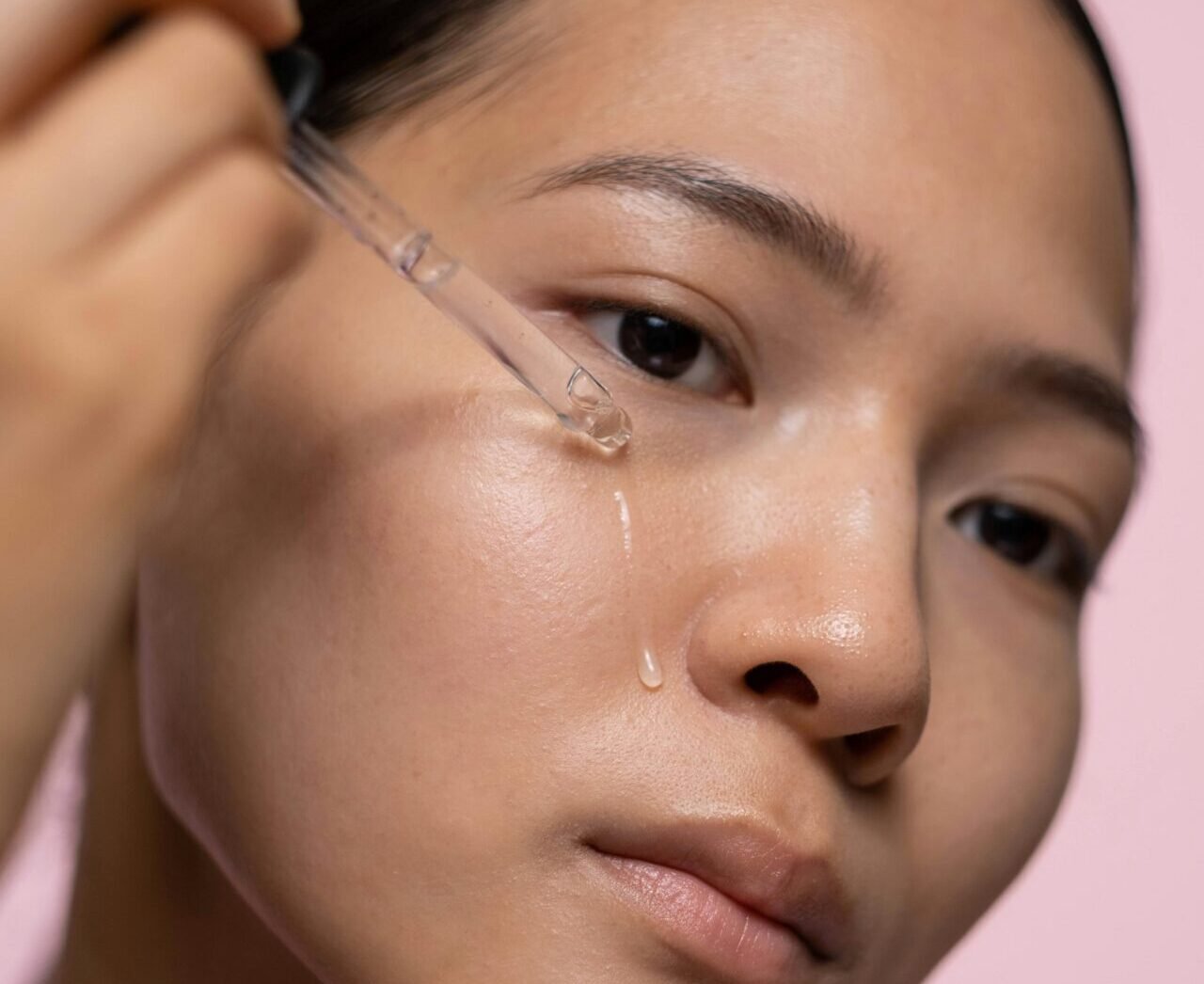What Are Retinol and Vitamin C?
Retinol: The Anti-Aging Superstar
Retinol, a derivative of vitamin A, is renowned for its ability to combat fine lines, wrinkles, and acne. It works by promoting cell turnover and stimulating collagen production. Consistent use of retinol can lead to smoother, firmer, and more youthful-looking skin.
Vitamin C: The Brightening Agent
Vitamin C is a potent antioxidant that fights free radicals and reduces hyperpigmentation. Its brightening effects help achieve an even skin tone, and its role in collagen synthesis enhances skin elasticity. A stable vitamin C serum can be transformative in daily skincare.
Can You Mix Retinol and Vitamin C?
Yes, you can use retinol and vitamin C together, but timing and formulation are key. Both ingredients offer complementary benefits, but their effectiveness depends on proper application.
Benefits of Combining Retinol and Vitamin C
- Enhanced Collagen Production: Both ingredients stimulate collagen, reducing signs of aging.
- Improved Texture and Tone: Vitamin C brightens while retinol smooths the skin.
- Comprehensive Protection: Vitamin C defends against environmental damage, while retinol repairs and regenerates.
Can I Use Retinol and Vitamin C Together?
Layering Retinol and Vitamin C: Morning vs. Night
For optimal results, use vitamin C in the morning and retinol at night:
- Morning Routine: Apply a vitamin C serum to protect against oxidative stress.
- Night Routine: Use retinol to boost cell turnover and repair skin overnight.
This method minimizes potential irritation and maximizes their benefits.
Combining in a Single Product
Some formulations blend retinol and vitamin C, stabilizing them for simultaneous use. Check product labels for compatibility and patch-test to ensure skin tolerance.
Vitamin C or Retinol First?
If applying both ingredients during the same routine:
- Cleanse: Remove impurities to prepare your skin.
- Apply Vitamin C: Its acidic nature allows for better absorption when applied first.
- Apply Retinol: Wait a few minutes after vitamin C before using retinol.
Always follow with a moisturizer to lock in hydration and minimize potential irritation.
Can You Use Vitamin C with Retinol?
Potential Irritation
Retinol and vitamin C can irritate sensitive skin, especially when used together. Signs include redness, peeling, or dryness.
Tips to Avoid Irritation
- Start Slowly: Introduce each ingredient gradually.
- Use Alternate Days: Apply vitamin C one day and retinol the next.
- Moisturize: Hydrate your skin to combat dryness.
Benefits of Using Retinol and Vitamin C Together
Case Study: Real-Life Results
A study published in the Journal of Dermatology showed significant improvements in skin elasticity, brightness, and texture in participants who used both ingredients consistently over 12 weeks.
Practical Tips for Integration
- Choose high-quality, stable formulations.
- Incorporate SPF during the day, as retinol increases sun sensitivity.
- Be patient; visible results may take weeks.
Common Myths About Retinol and Vitamin C
Myth 1: They Cancel Each Other Out
Modern formulations ensure both ingredients remain effective when used correctly.
Myth 2: Retinol Cannot Be Used During Summer
Retinol is safe year-round if combined with sunscreen.
Myth 3: Only Older Skin Benefits
Both ingredients are preventive and corrective, suitable for various ages.
Related Resources
Enhance your skincare routine by exploring these Gloire blogs:
- How to Repair a Damaged Skin Barrier
- Toner vs. Serum: Which Comes First and Why It Matters
- How to Achieve Korean Glass Skin: 10 Tips and Tricks
Final Thoughts
Retinol and vitamin C are transformative skincare ingredients that can work synergistically when used correctly. Understanding their benefits, order of application, and potential interactions ensures you maximize their effects without compromising skin health. Whether you’re new to these ingredients or a seasoned user, incorporating them into your routine can unlock radiant, healthy skin.








